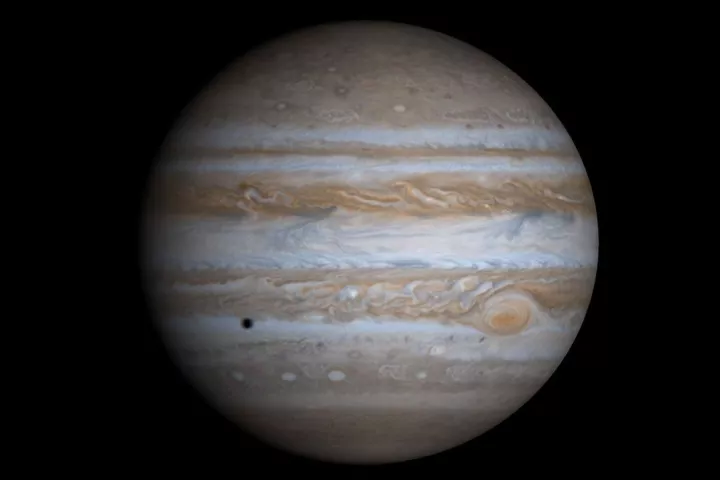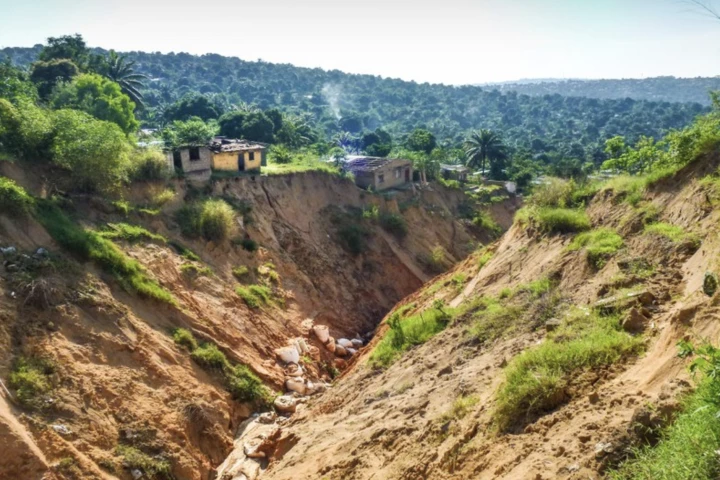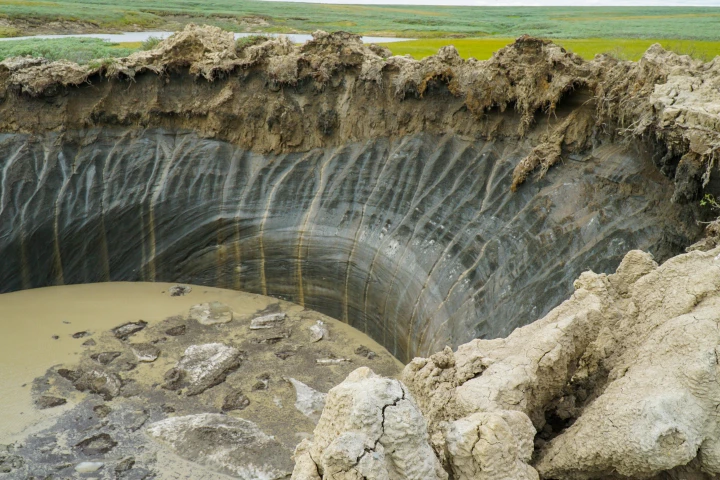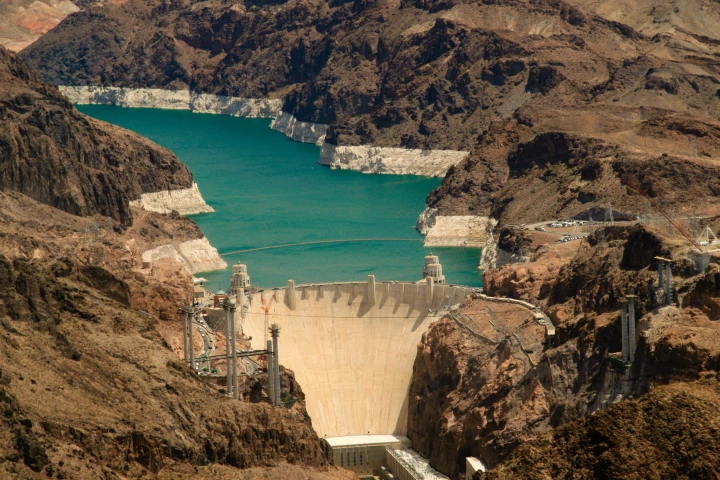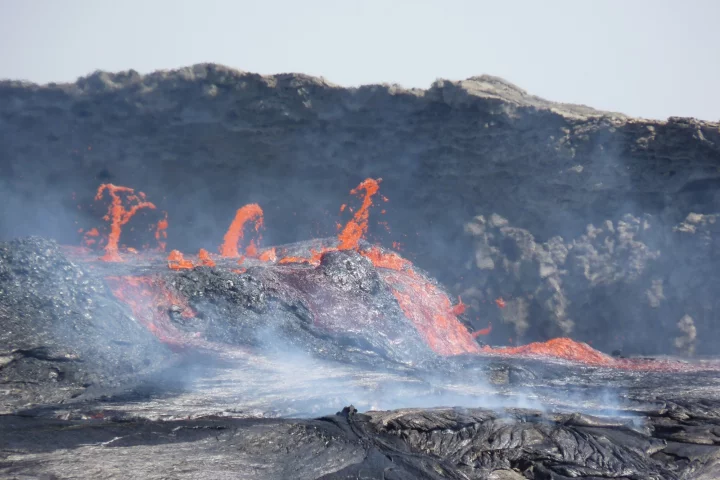Earth
-
We tend to think earthquakes are predominantly driven by deep-Earth forces. But a new discovery reshapes that long-held assumption suggesting lake-level fluctuations can stir the shallow crust influencing earthquake risk and tectonic plate movement.
-
If you've ever wondered why we are here, then you can thank Jupiter for part of the answer. A new study from Rice University suggests that if it weren't for the gas giant, the Earth would have spiraled into the Sun during its formation.
-
Scientists have long wondered why Earth's overall makeup doesn't fully match the mix of materials found in ancient meteorites. For the first time researchers think they have found samples of rock from what is known as proto-Earth.
-
For the first time in geologic history, scientists are bearing witness to the Juan de Fuca Plate tearing apart in pieces and losing its connection to the upper mantle. This is the first glimpse of what happens when one of Earth’s most powerful engines begins to wind down.
-
Nearly 3,000 growing chasms have opened up in dozens of towns, swallowing up roads and houses in their path. Known as urban gullies, these destructive forces of nature are increasing rapidly and now threaten to displace more than 3.2 million people.
-
On the remote Yamal and Gydan peninsulas of western Siberia, the landscape is marked by massive craters that look as though the Earth has blown holes in itself. Now, 12 years after the first one was found, scientists say they know what's causing them.
-
Imagine sipping your coffee when suddenly - BOOM! A sonic tremor rattles your home. That’s exactly what happened to one McDonough resident when a meteorite the size of a cherry tomato punched through his roof with the force of a close-range gunshot.
-
Over the past two centuries, the construction of thousands of dams has done more than just tame rivers – it has shifted the Earth’s North Pole about a meter off its position.
-
A subtle yet significant geological phenomenon is currently taking place beneath the African continent. Rhythmic surges of molten rocks, pulsing upward like a "heartbeat," are ripping the continent apart to pave the way for a new ocean.
-
A subtle yet significant phenomenon is occurring beneath the North American continent; its ancient bedrock is slowly dripping into the Earth’s mantle, creating a funnel-like structure concentrated over the Midwest of the United States.
-
Dr. Frankenstein might not have needed a lightning bolt to bring his monster to life after all. A new study from Stanford suggests that life might have been kickstarted by constant zaps from “microlightning” between water droplets.
-
Scientists have discovered the world’s oldest known meteorite impact crater in Western Australia. It has been dated to about 3.5 billion years ago, at a time when these almost literally Earth-shattering events should have been occurring regularly.
Load More

